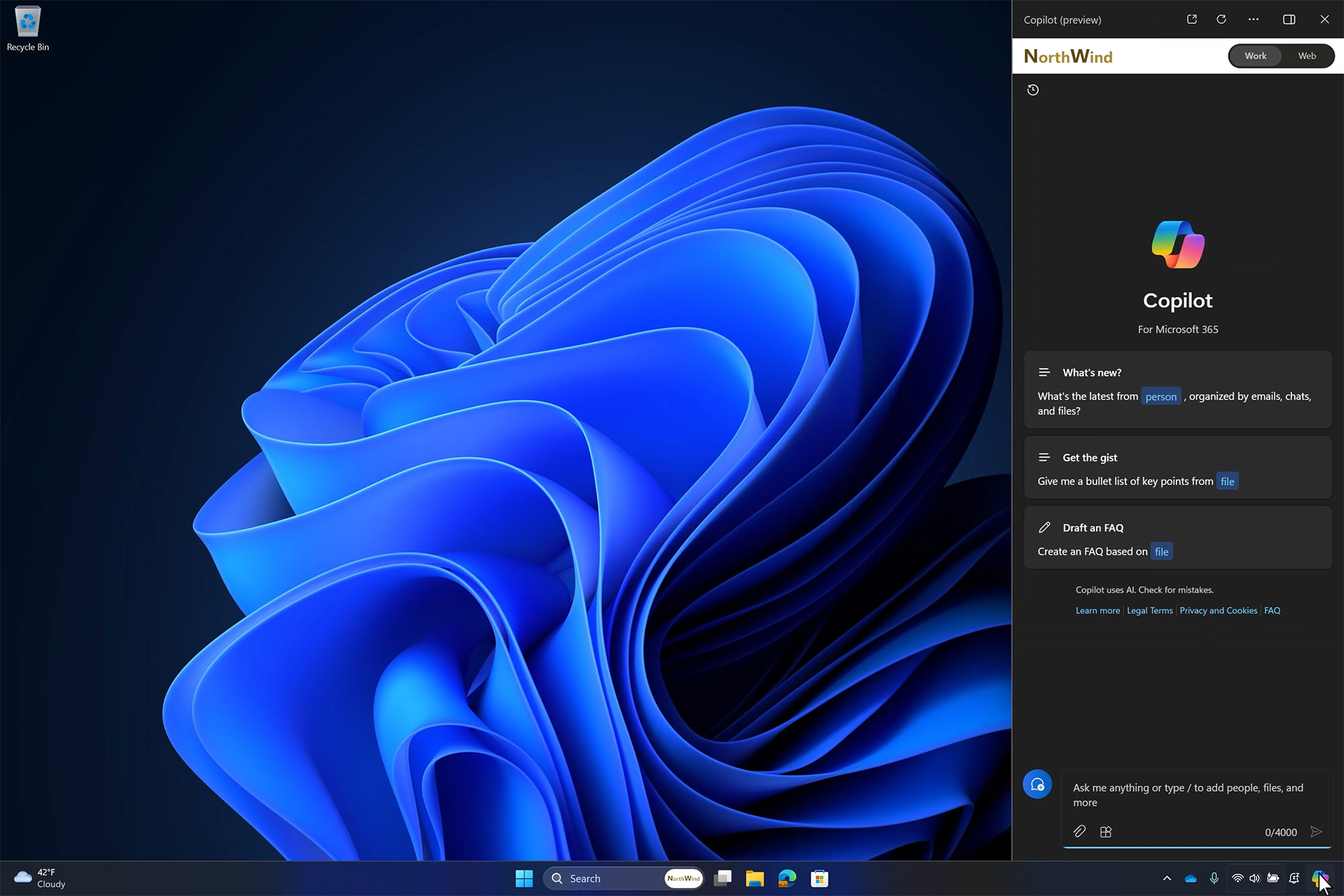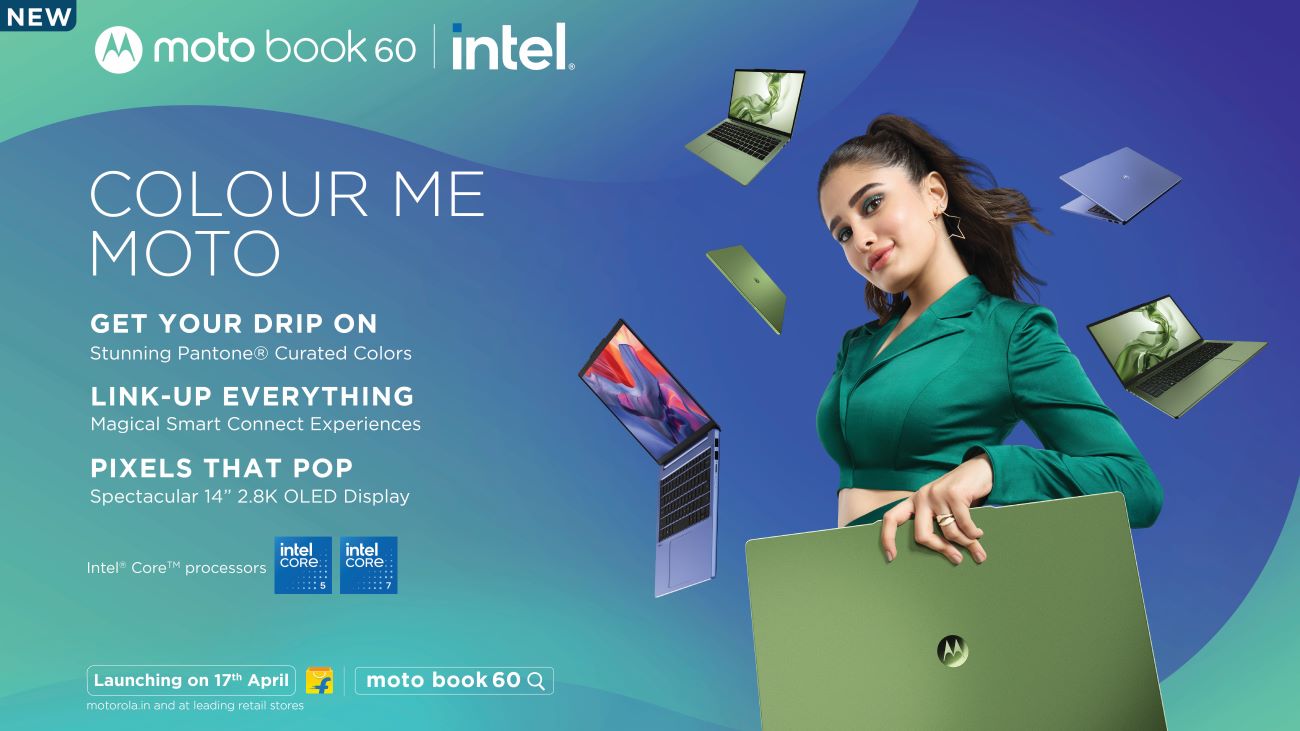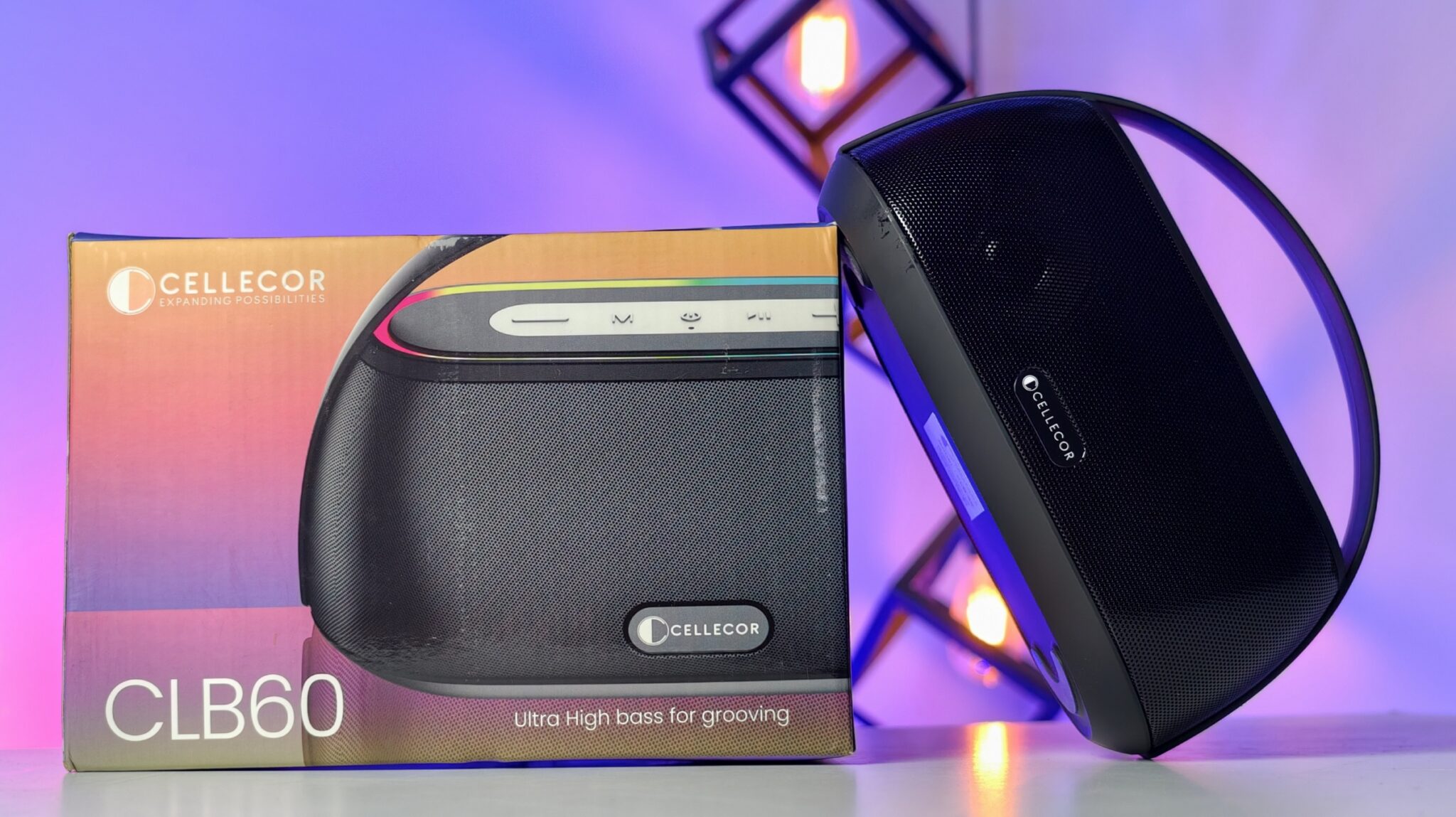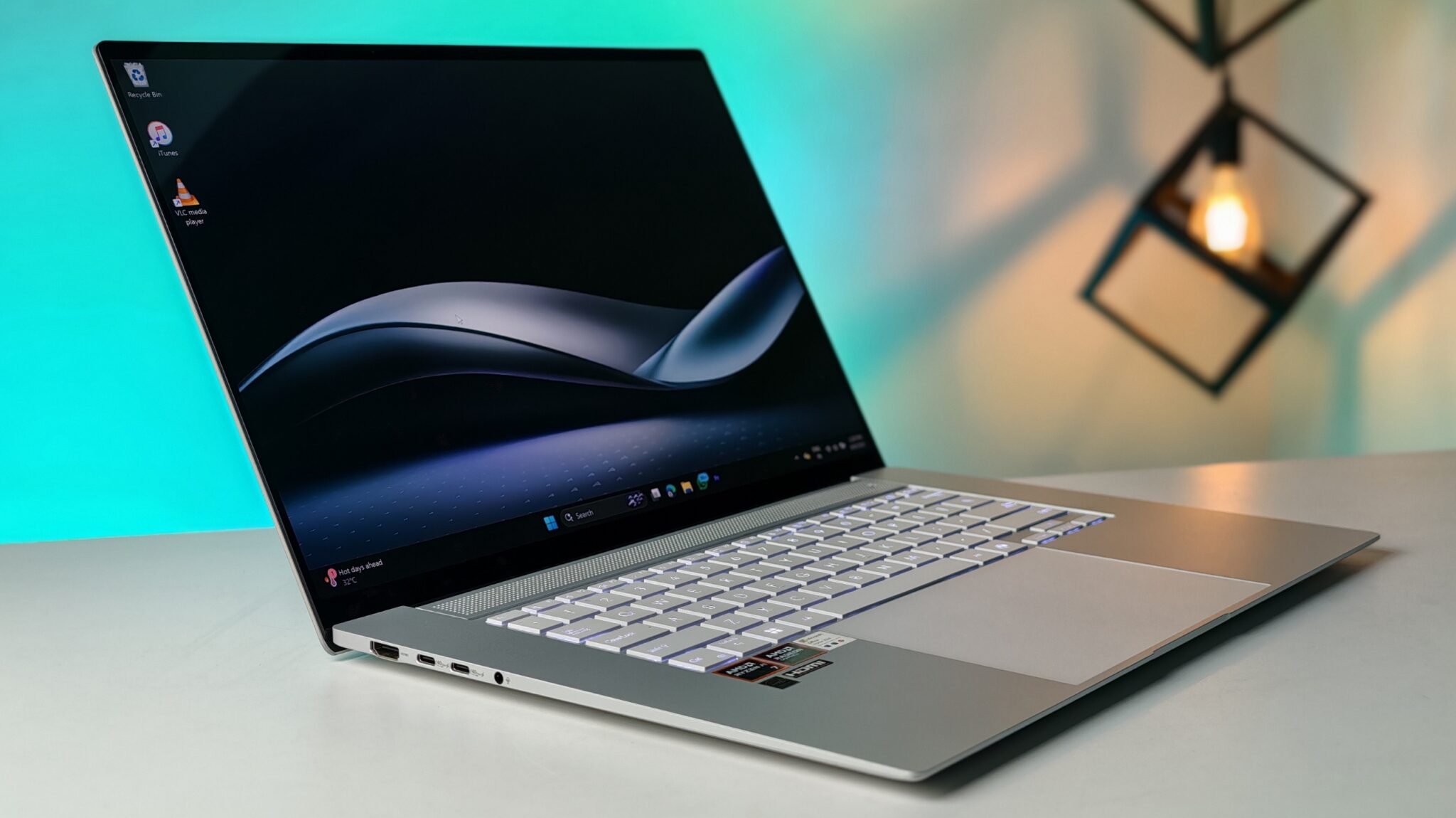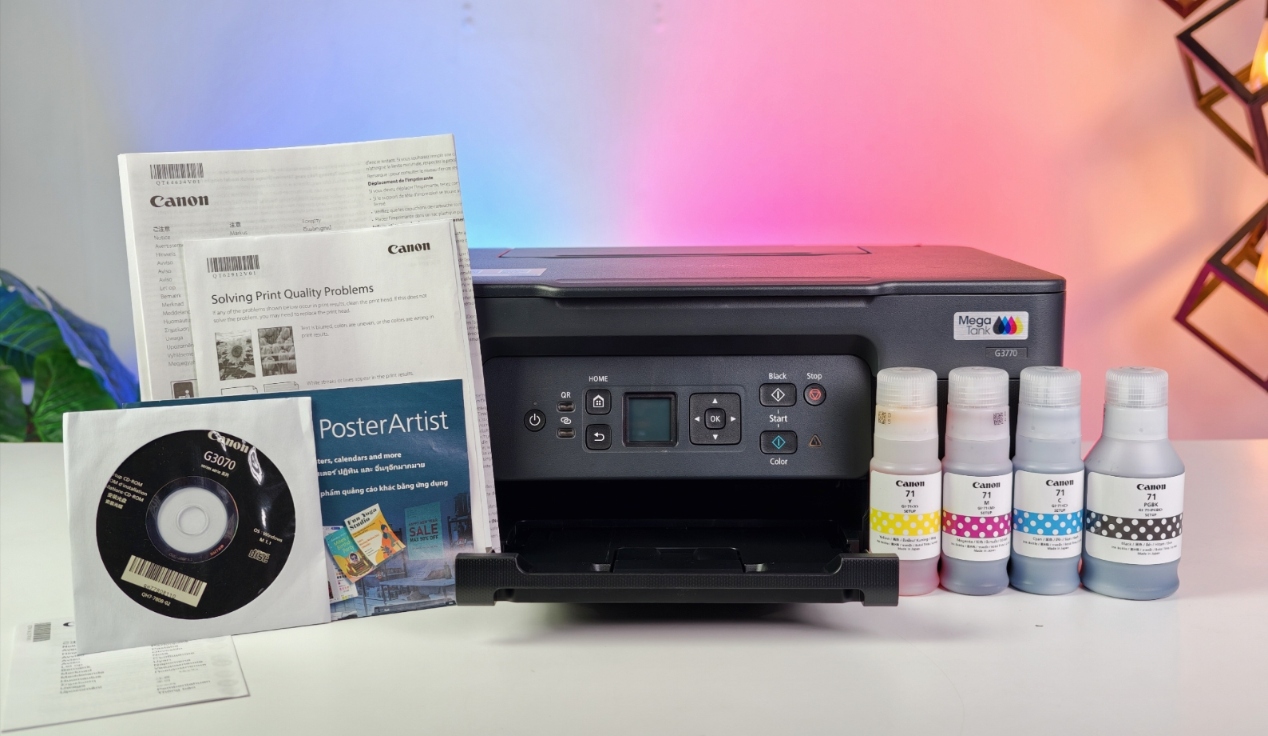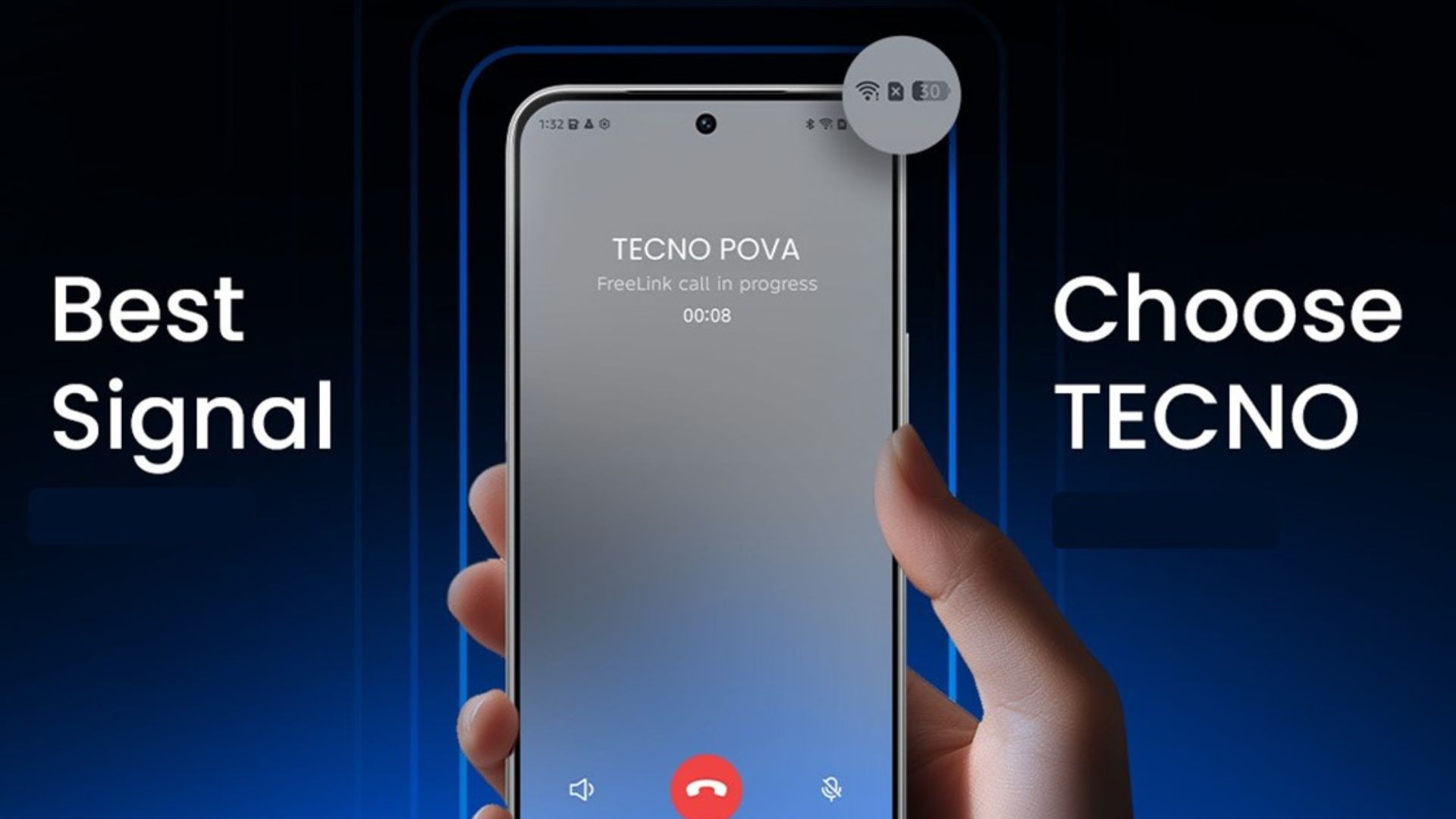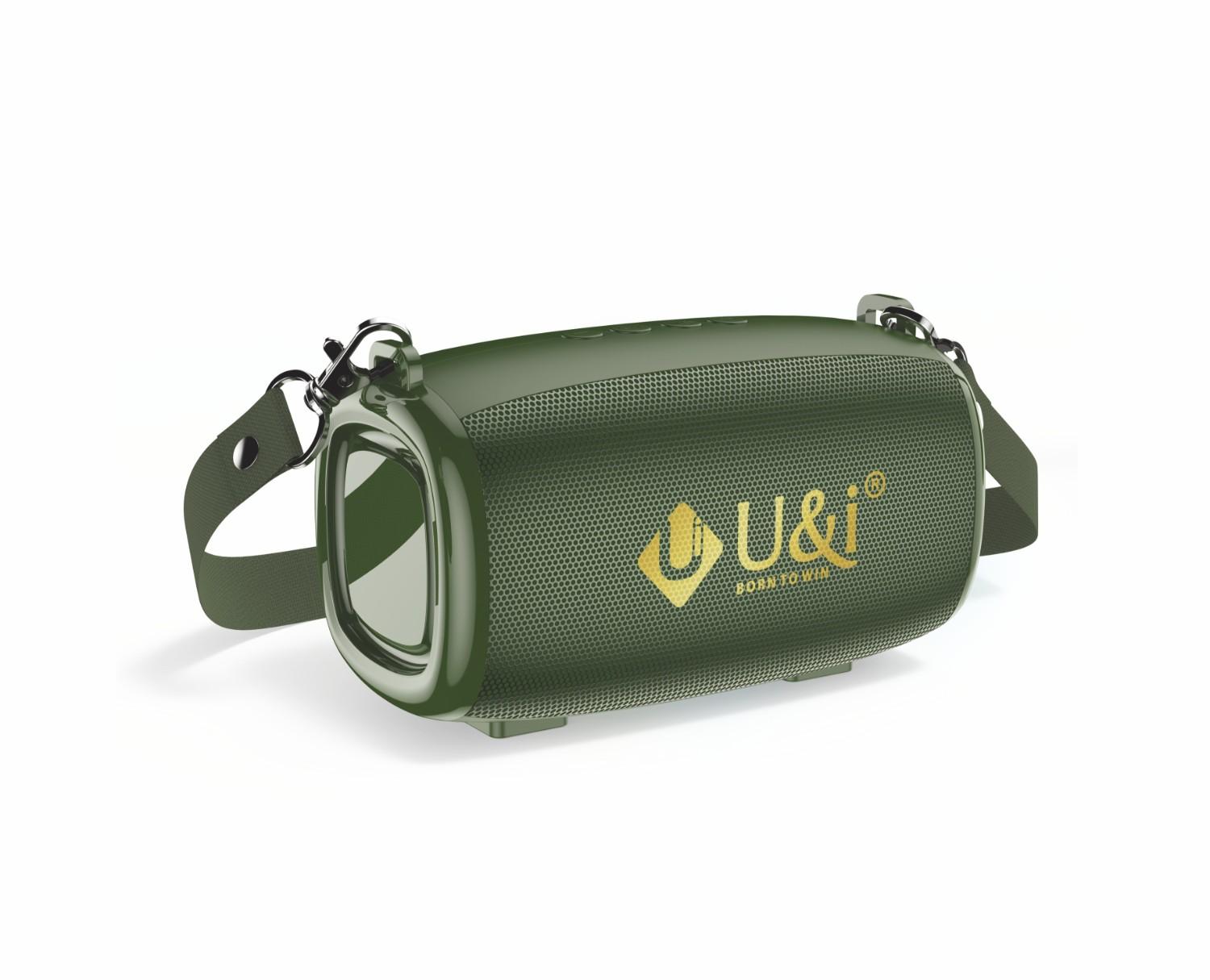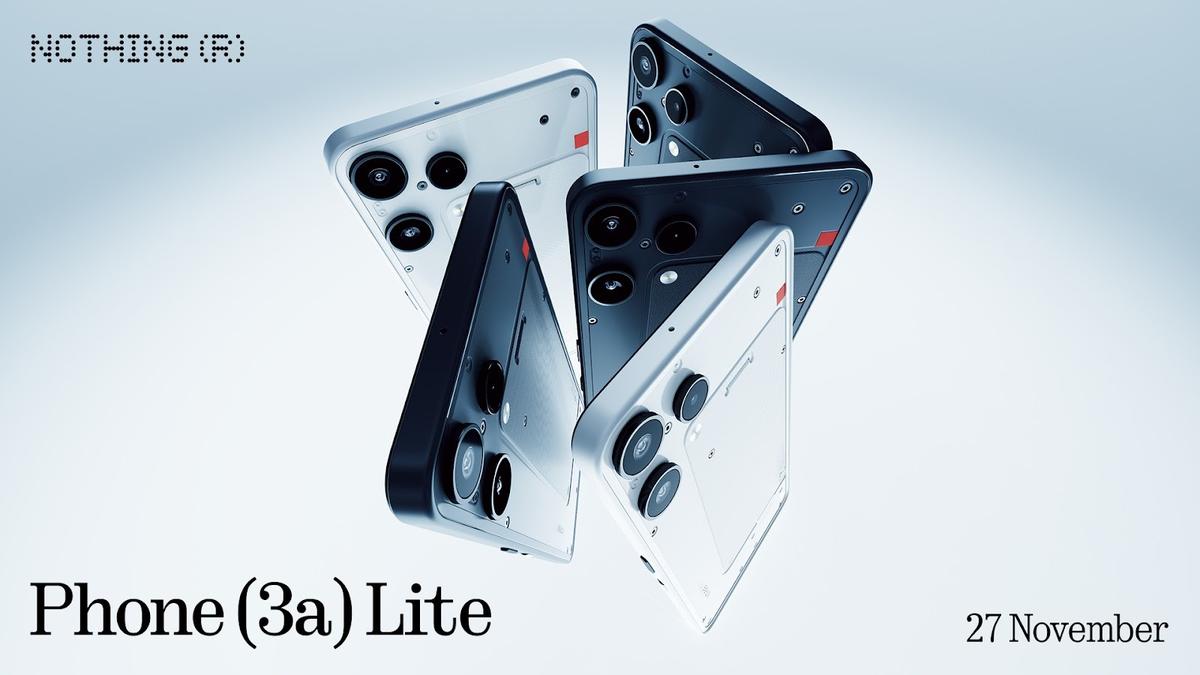Imagine a world where your digital assistant could not only understand your requests but also proactively perform tasks on your computer, even while you grab a cup of coffee or attend a meeting. This vision is edging closer to reality as Microsoft is reportedly expanding the capabilities of its Copilot Studio, potentially allowing it to interact with a user’s computer independently. This development, if accurate, could fundamentally alter how we interact with our personal and professional devices, sparking both excitement and a healthy dose of curiosity.
Recent whispers within the tech community and indications from Microsoft’s own documentation suggest a significant evolution for Copilot Studio, the low-code platform for building custom copilots. While traditionally focused on creating chatbots for customer service and internal support, the platform appears to be gaining the ability to orchestrate actions directly on a user’s desktop. This could mean a Copilot instance could open applications, manipulate files, send emails, and even automate complex workflows without constant human prompting.
To understand the potential impact, consider a scenario where you routinely compile a weekly sales report. Instead of manually gathering data from various spreadsheets, generating charts, and drafting an email, a more autonomous Copilot Studio could handle the entire process. You could simply instruct it to “prepare the weekly sales report,” and it would independently access the necessary files, perform the analysis, format the report, and even schedule the email to your team.
This isn’t just about saving a few clicks. It represents a paradigm shift in how we think about personal computing. Instead of being the primary operator, users could transition to more of a supervisory role, delegating repetitive and time-consuming tasks to their AI assistant. This could free up valuable time and mental energy, allowing individuals to focus on more strategic and creative endeavors.
The implications for businesses are equally profound. Imagine a customer support agent being assisted by a Copilot that can automatically look up customer information, access knowledge bases, and even initiate troubleshooting steps, all in real-time. This could lead to faster resolution times, improved customer satisfaction, and increased agent productivity. Similarly, in fields like data entry, project management, and software development, autonomous copilots could streamline workflows and reduce the potential for human error.
However, this potential leap forward also raises important questions and considerations. Security and privacy are paramount. How will Microsoft ensure that these autonomous copilots operate securely and do not compromise sensitive data? What safeguards will be in place to prevent unauthorized access or unintended actions? These are crucial aspects that Microsoft will need to address transparently and effectively to build user trust.
Furthermore, the level of control users will have over these autonomous actions is critical. Will users be able to define specific permissions and limitations for their copilots? Will there be a clear audit trail of actions performed? Ensuring user agency and the ability to monitor and manage their AI assistants will be essential for widespread adoption.
While official announcements from Microsoft regarding this specific capability might still be pending, the growing anticipation within the tech sphere is palpable. Industry analysts point to Microsoft’s broader push towards integrating AI across its product ecosystem as a strong indicator of this direction. The company has consistently emphasized its commitment to empowering users with AI tools that enhance productivity and streamline workflows.
The evolution of Copilot Studio to potentially include autonomous computer control aligns perfectly with this vision. It represents a significant step beyond simple chatbots and towards truly intelligent personal assistants that can proactively contribute to our daily tasks.
For everyday users, this could mean a more seamless and intuitive computing experience. Imagine your Copilot proactively reminding you of upcoming appointments, organizing your files, or even adjusting your system settings based on your usage patterns. This level of personalized assistance could significantly improve overall productivity and reduce the cognitive load associated with managing our digital lives.
Of course, the success of such a feature will depend heavily on its reliability and ease of use. Users will need to trust that their autonomous copilots will perform tasks accurately and efficiently. The user interface for managing and configuring these capabilities will also need to be intuitive and accessible to a wide range of users, not just tech experts.
As we await further details from Microsoft, the prospect of Copilot Studio gaining autonomous computer control offers a tantalizing glimpse into the future of personal computing. It promises a world where our devices are not just tools but intelligent partners, working alongside us to achieve our goals. While questions around security, privacy, and user control remain, the potential benefits in terms of productivity and convenience are undeniable. This development could very well be the next significant leap in our relationship with technology, transforming how we work, learn, and interact with the digital world around us. The anticipation is building, and the tech world waits with bated breath for Microsoft to officially unveil this potentially game-changing capability.


